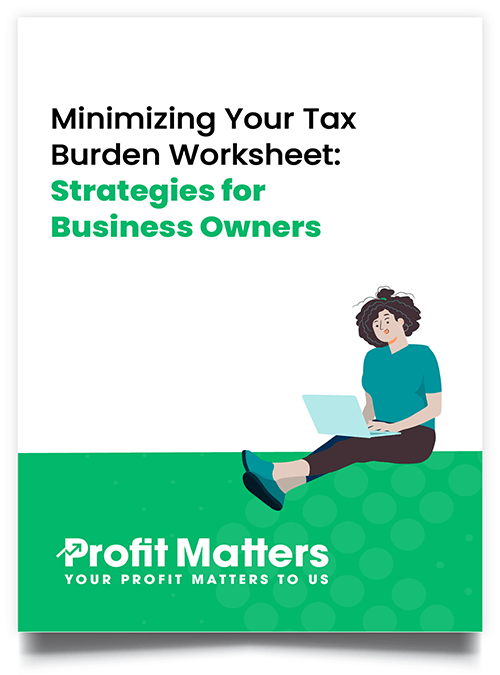One of the popular arms of a business that gets outsourced is the bookkeeping/accounting function.
Smart businesses know how engaging a competent financial partner can have immeasurable benefits not just to the business but to other stakeholders such as creditors and shareholders.
But then, you might ask, how can you be sure you’ve engaged the right bookkeeper or accountant to handle your business books?
Is it even possible to differentiate between a genuine and a rogue accounting professional if you have little to no knowledge in this area? Well, if I said it was easy to tell the difference, I’d be lying to you.
However, having been in this space for years now, we have learned a few tricks for spotting a rogue accountant or bookkeeper from miles away, even with minimal accounting or bookkeeping technical know-how.
But before we proceed any further, here are some words of caution: the signs below do not necessarily mean that one is a rogue practitioner; however, they’ve been proven right more times than not.
That said, let’s get started!
1. What Qualifications Do They Have?
Someone who is straight from college and one who has decades of experience can both be accountants or bookkeepers; you’ll need to inquire more on their academic qualifications including whether he/she is a Certified Public Accountant (CPA), a Chartered Accountant (CA), a Diploma in Accounting holder, or related qualifications. Understand what your business needs; if it is a complex one, consider going for higher qualifications and vice versa.
2. Do They Have Any Professional Affiliations?
Qualified accountants and bookkeepers are usually members of certain professional bodies such as the American Institute of Certified Public Accountants (AICPA), the Institute of Certified Bookkeepers (ICB) respectively, or any other relevant professional affiliations. The point here is to ensure that you engage a qualified professional, who is authorized to offer the services in question.
3. How Experienced Are They?
If you’re looking for a mix of experience and knowledge, you should be prepared to part with more; the best thing about a mix of these two is that you get to have an all-rounded partner who understands issues from a practical and theoretical point of view. The result of this is nothing short of competence.
4. Who Will Be Doing the Actual Work?
Don’t be fooled to believing that every accountant or bookkeeper does the actual work on the ground; some of them are more of sales people than accountants. You’ll need to have a one-on-one with the actual person or people that will be doing the actual work. The worst thing you want to do is to talk to one person during the interview then end up with another after the engagement.
5. Do They Have Any Independent Referees?
The issue of referees can be a tricky one; so, you’ll need to approach it with a lot of caution. Many professionals list their family members or friends as their referees; for this reason, consider talking to the company directly rather than using the quoted contact info on the professional’s resume. This way, you’re likely to get accurate information about the candidate.
Final Word
Prior to engaging a bookkeeper or an accountant, ensure that you ask the hard questions as your relationship will only be built on trust; getting to know everything that matters about their practice is one of the surest ways of knowing whether you can trust them or not.
Beware of individuals who tend to be dodgy in their responses; it can only mean that they are economical with the truth.
Now that you know what it takes to smoke out a rogue accountant or bookkeeper, don’t hesitate to kick-start your search for your accounting/bookkeeping partner.



